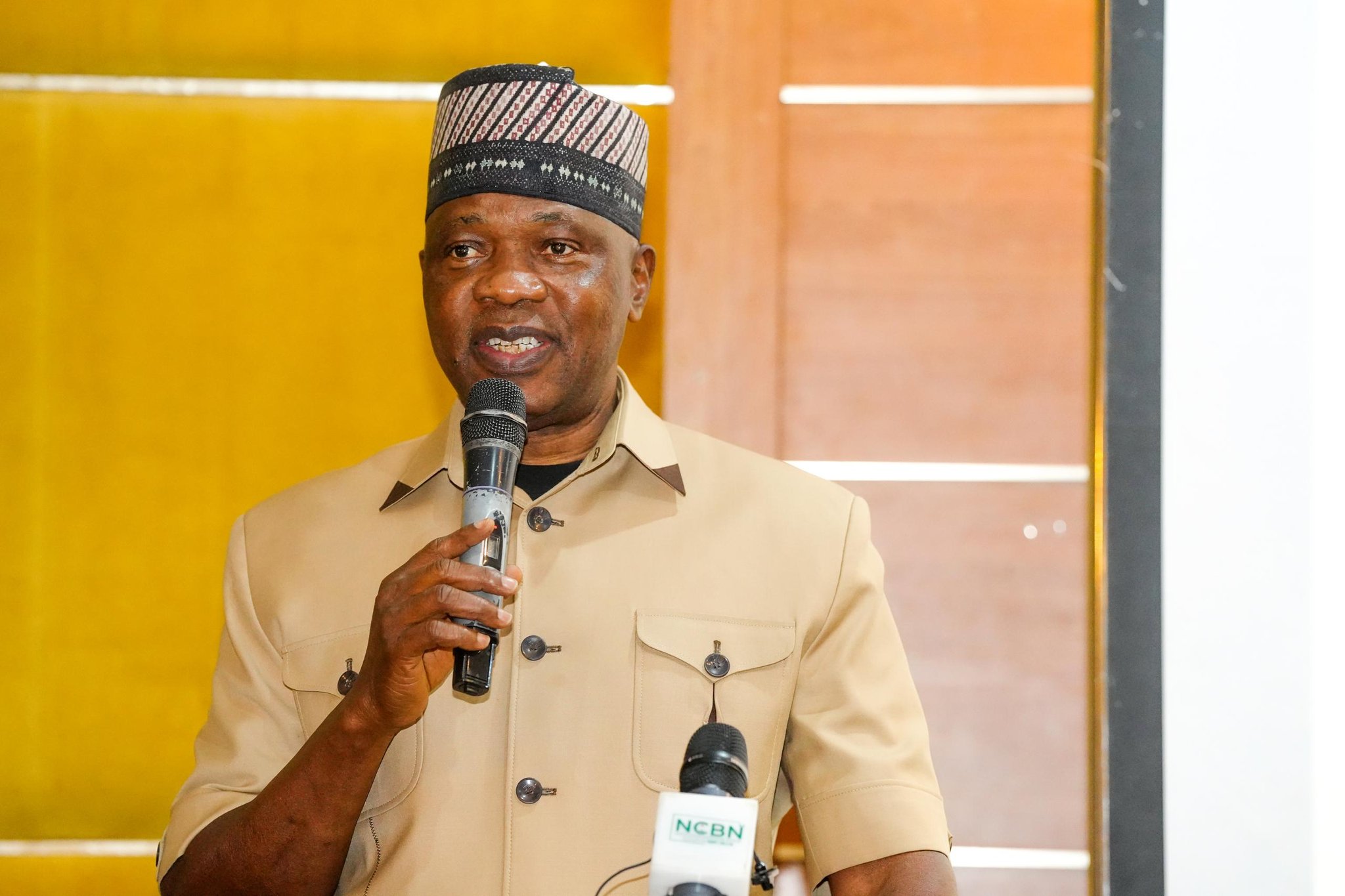The Comptroller-General of the Nigeria Customs Service, Adewale Adeniyi, has issued a bold directive for the Service to reduce physical inspections of containers at the nation’s ports by at least 50% before the end of the third quarter of 2025.
This, he said, must be achieved through the deliberate and systematic application of Artificial Intelligence (AI), cloud-based systems, and intelligent cargo profiling tools.
Adeniyi made the announcement while declaring open a three-day ICT retreat hosted by the Service’s ICT/Modernisation Department at IBETO Hotels, Abuja.
The retreat, themed “Turn Off Work; Turn On Retreat,” is focused on deepening officers’ expertise in digital innovations that underpin NCS’s transformation drive—ranging from AI and cloud computing to software development and data intelligence.
“We must ensure that at least 50% of containers exiting our ports are selected based on intelligence,” the CGC stated. “The tools already exist; what is required now is their deliberate, consistent application to streamline inspections and improve trade facilitation.”
He addressed what he called the largest gathering of skilled ICT personnel in the Service’s history, reaffirming his belief that the digital transformation of NCS must be driven from within. Adeniyi emphasised that ICT should not be viewed as a support function, but rather as the operational “engine room” of modern Customs administration.
“Every time I interact with this department, I’m reminded of a long-standing vision—that Customs officers should see themselves as agents of change. That vision has never been more relevant than it is today,” he said.
The CGC highlighted the role of technology in reshaping customs practices globally, referencing developments in machine learning, automated risk assessment, and non-intrusive inspection.
He applauded the ICT department for key milestones, including the automation of container transfers to inland terminals, pilot programmes for digital declarations, and the launch of the Authorised Economic Operator (AEO) initiative.
“These innovations have helped us overcome some of the most persistent operational challenges. ICT has been pivotal,” Adeniyi noted.
Despite concerns over the expiration of some IT service contracts, he expressed strong confidence in the department’s capacity to sustain momentum and innovate further. He also cited growing international recognition of Nigerian Customs officers, particularly at the World Customs Organization (WCO), where their contributions to data harmonisation, geospatial intelligence, and digital compliance have been well received.
“This talent must be harnessed. We must now institutionalise ICT as the driving force behind a smarter, more professional Customs Service. Let technology lead,” he declared.
In her remarks to journalists after the ceremony, Deputy Comptroller-General of Customs and Head of ICT/Modernisation, Kikelomo Adeola, echoed the CGC’s optimism and pledged the department’s full commitment to achieving the 2025 inspection target.
“The CGC has set a clear and ambitious goal. While the task ahead is significant, our team is motivated, capable, and aligned in purpose. With divine guidance and collective resolve, we will deliver,” she said.
Adeola reaffirmed the department’s dedication to pushing the boundaries of digital innovation while upholding the Service’s core values of integrity, professionalism, and excellence.
“Excellence brings more responsibility—and we welcome it. We are prepared to take the NCS digital transformation journey to even greater heights,” she concluded.
